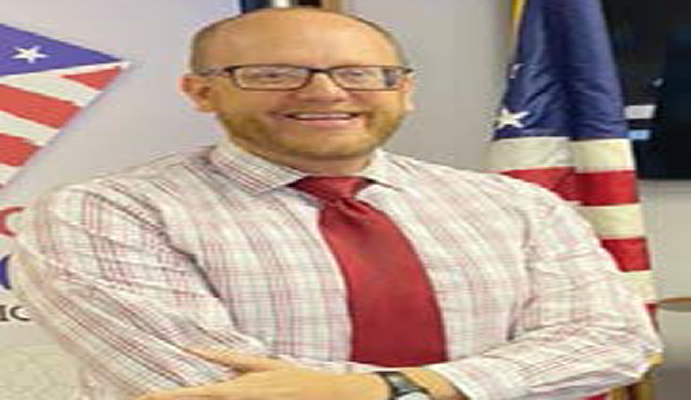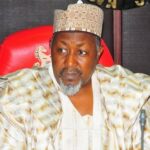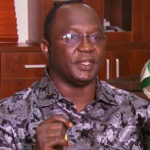
A non-governmental organisation, HerLeap Network, has said that women need to be empowered to increase their participation in the next election cycle in Nigeria.
This was stated at the SheRise conference held on Thursday at the US Consulate in Lagos, tagged ‘Women in Politics: the Risk and the Leap.’
According to the Carnegie Endowment For International Peace, at the end of the 2023 general elections, the number of women in the National Assembly fell by 19 per cent compared to the last Assembly, with women now occupying three per cent of seats in the Senate and four per cent in the House of Representatives.
Across all national and subnational categories, women represented just over 10 per cent of more than 15,000 candidates who ran in the 2023 elections for president, the National Assembly, governorships, and state assemblies. Ninety per cent of the women ran on lesser known platforms.
Speaking at the conference, the Global Coordinator of the Herleap Network, Adetoun Tola, said the conference was not one for talks alone but talks matched with actions, as it organisation to prepare women for the next election cycle.
She said, “We need more competent women in the next election cycle and they may just be the ones that the opposition won’t see coming. Our gathering here to speed up our mettle as woman in the area of politics. We have seen women do phenomenal things in the political space and we have seen women pay lip service to women empowerment. This is about maximising our blessings and bringing practical and impactful solutions to the table. We need to this for our children and generations.”
“We are not fighting the men,” Tola maintained, “we need to be whole and do the work.”
Speaking with The PUNCH, the US Consul General, Will Stevens, said, “It is such an honour to host today at the consulate, this conference on the role that women can play in Nigerian politics and how we can see and increase the participation of women in politics. We have some incredible mentors here today. That mentorship that women can do to support each other is so critical.
“As the trailblazers move forward, they should be pulling behind them more and more leaders so that we increase political participation. That is the basis of so many programmes that the US mission here supports.”
During his welcome address, the CG described Nigerian women as an incredible set of people, more of who are needed in the politics of the nation. He, however, charged women to court the attention of the people.
He said, “Speak up and support each other. We live in a society where attention span is short and it is really hard to break through to get attention. As a woman leader, you need to have attention. Go for it, demand it and make sure that you have a seat at the table. For me, that means there is a need for women to be where it happens. When you are in the room where it happens, better decisions are made.”
Also speaking at the conference, the former Nigerian ambassador to Jamaica, Maureen Tamuno, charged women to stop settling for woman leader position but to also seek other offices at the ward level upwards.
Providing tips to increase female participation in politics, Tamuno, who was the first female Local Government chairman in Rivers State, said, “Most women don’t want to be politics because they don’t want to be called names, be strong enough and face it. As a women in politics, you need to listen to what your people want. It is capacity that speaks in politics, your impact need to be felt and also tone down your appearance.”
Another speaker at the conference, a US Fulbright Scholar, Katrina Kamara, in her presentation highlighted that women’s role in entrenching democracy, saying, “Democracy backslide had gained grounds regionally. When women are actively involved in the democracy process, their power is visible.”
Providing a legal perspective was professor of commercial law at the University of Lagos, Professor Abiola Sanni, SAN, said that women need to envision the kind of reform that want to see in the Nigerian political space, else they will be limited by the current structure even if they get into office.
He said, “Women need to envision the reforms needed. If you get into office right now, the system may get worse or marginally better. Women must approach thingsdifferently. Can you make the kind of impact that Awolowo did, that Jakande did?”
Professor Sanni went on to call for the provision of a legal framework for the already existing gender policies in Nigeria.





